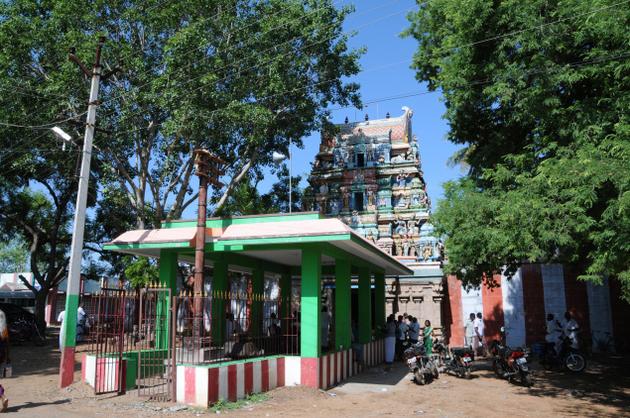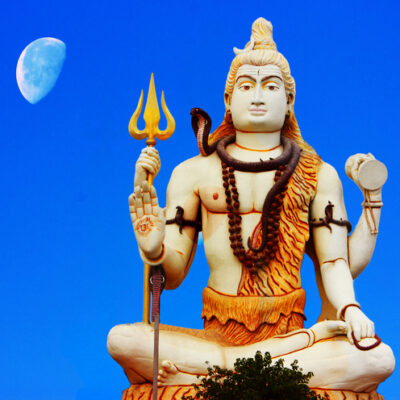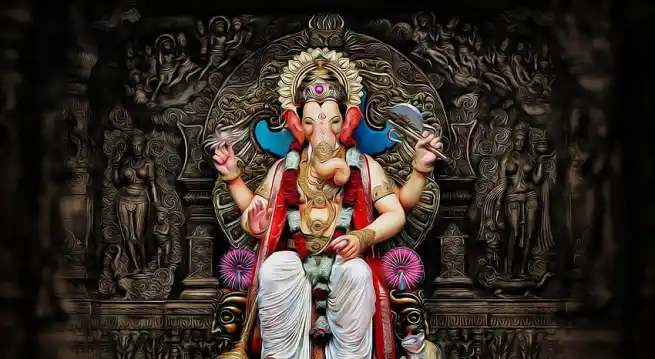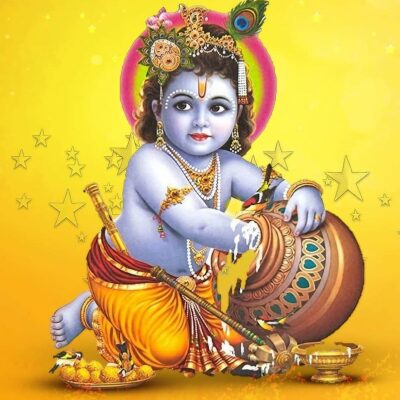Sivapuripatti Syambulingeswarar Temple, Sivaganga

Address
Sivapuripatti Syambulingeswarar Temple, Sivapuripatti village, Sivaganga district, Tamilnadu 630502
Diety
Syambulingeswarar Amman: Dharmasamvardhini
Introduction
The Syambulingeswarar Temple in Sivapuripatti, Sivaganga District, Tamil Nadu, is a significant temple dedicated to Lord Shiva. It is located approximately 60 km away from the city of Madurai and the nearest town is Singampunari.
Deities:
- The presiding deity of the temple is Lord Syambulingeshwarar (Shiva).
- The goddess in the temple is known as Dharmasamvardhini.
Puranic Significance
- The Syambulingeswarar Temple has a history that dates back 1112 years, making it an ancient and culturally rich site of worship.
- The temple is adorned with over 60 inscriptions on its stone walls, which provide insights into its historical and cultural importance.
- These inscriptions span different eras, including those of Chola kings like Kulothunga-I Chola and medieval Pandya kings Srivallaba, Parakrama, Kulasekara, Sundara, and Vikrama Pandya.
- Some inscriptions also mention Vijayanagara kings like Achutharaya and Nagama Nayaka, as well as later rulers like Vijaya Ragunatha Sethupathi of Ramnad and the Marudu Brothers of Sivaganga.
- The inscriptions offer various insights into the temple’s history, including the existence of dancers and a nattuvangar (choreographer) who organized performances during festivals. They also reveal a peace treaty between two ruling clans in the region, the practice of granting lands to the families of martyrs, and the installation of an idol of a predecessor king, Moothanayagan, by King Maravarman Sundara Pandya.
Deities and Architecture:
- In addition to Lord Shiva, the temple also houses deities of Lord Vinayaka, Lord Muruga, Chandikeshwarar, and the Navagraha.
- Adjacent to the Shiva temple, there is a separate shrine for the goddess (Amman), which features a pond in front.
- The temple also includes an idol of Karuppar placed between the Shiva and Amman temples.
- An unusual feature in the temple is the idol of Jyeshta Devi, along with Nandikeswarar and Agni, which reflects the Pandya period and symbolizes fertility.
- The architecture of the temple reflects elements from both the Pandya and Chola dynasties, adding to its historical and cultural significance.
Century/Period/Age
1112 Years old
Managed By
Hindu Religious & Charitable Endowments Department (HR&CE)
Nearest Bus Station
Sivapuripatti
Nearest Railway Station
Sivaganga
Nearest Airport
Madurai









